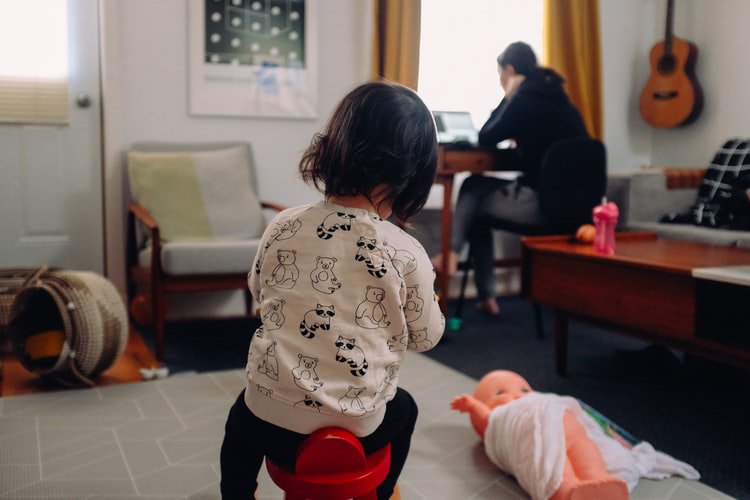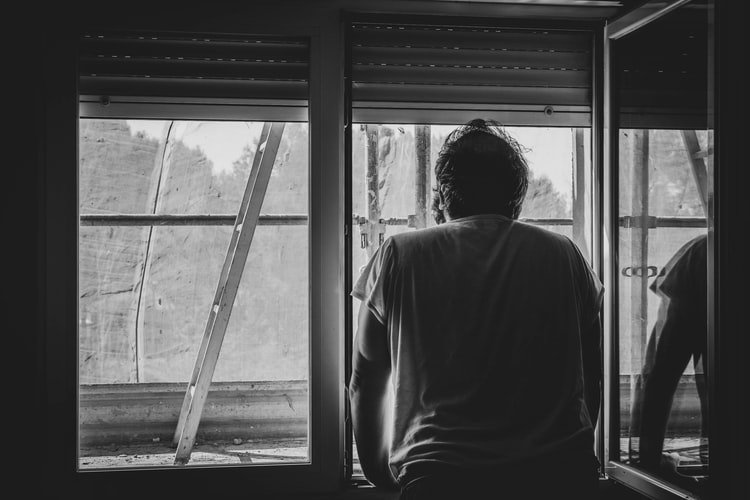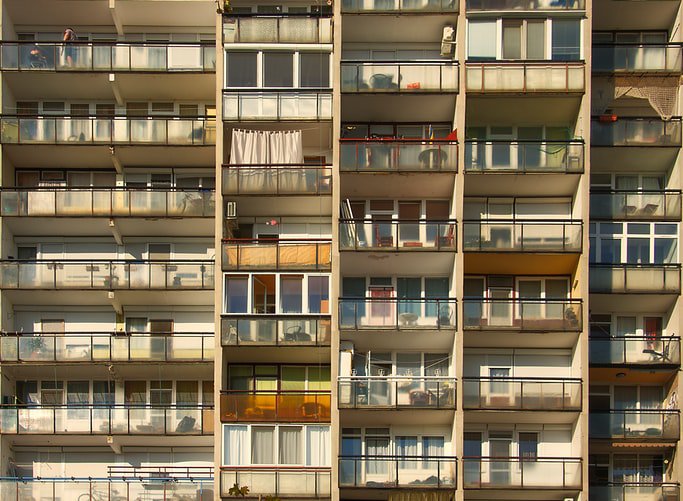The announcement of the initial lockdown had led the psychologists and doctors to worry about people’s mental health and the adverse effect on people’s behaviour. The psychiatrists explained how people will certainly show signs of emotional distress, anxiety and social isolation.

The most vulnerable of all are children, elderly people and people already having mental ailments who are more likely to show restlessness.
It is believed that the most common emotional and behavioural reaction at this time will be anxiety and panic about the worst possible outcomes.
People may feel worried, shocked and sleepless about a completely uncertain future. They may go through prolonged boredom and loneliness.

This indicates all of us right now, doesn’t it? But there’s more to this. Which might not be as bad.
Although, there are many things that Indians do on the roads including peeing and shitting but there’s one thing that every second Indian does without shying away, Spitting. It comes in various colours too.
I’m sure you can imagine the shades of spits in India. But the good news is that it might not happen anymore. And all thanks to Covid-19.

The government on Wednesday has put out certain guidelines that puts an end to this practise. As a means to contain the spread of Covid-19, the rules laid out on Wednesday could serve India well in the long run.
The government hasn’t just put a fine for spitting in public, the guidelines have also called for a ban on gutka and tobacco. It is an unprecedented exercise to change the behaviour of 1.3 billion odd people. For now, it is the Disaster Management Act that will underwrite the penalties. But if India can be stopped from spitting on sidewalks for 19 days, it may as well be stopped for eternity.

Yes, the Disaster Management Act won’t stay post the pandemic ends but what might happen post that is ban on chewing gutka in public could replace the blanket ban on smoking, cities could strictly enforce a ban outside a dedicated smoking zone. In normal times, such rules would have appeared frivolous in an emerging economy, but the pandemic has set a new norm.

Experts say coronaviruses are crossing over more frequently to human species than it did during SARS and MERS outbreaks and would continue to do so in future. Even otherwise, chronic obstructive pulmonary disease is responsible for 1 million deaths a year in India, and smoking is a major contributor. If not active smokers, new rules would allow India to take better care of passive smokers.

That’s not all, guidelines could also lead to bigger behavioural changes. For instance, take the standard operating procedure issued for the opening of industries. It calls for frequent disinfection of elevators, washrooms, and cafeteria.
These practices are good even in a world without a pandemic. Most small and medium-scale industries may find these measures difficult to implement, but starting with the larger industries might be the way forward.

India already has a fire and safety act that sets out the standard norms for the factories to follow, and the pandemic has given us the opportunity to include hygiene under the safety norms.
Well, the reports suggest that the central government is also thinking of converting some of these guidelines to public policies and they are also in talks with behavioural economists on designing impactful public policies.

















